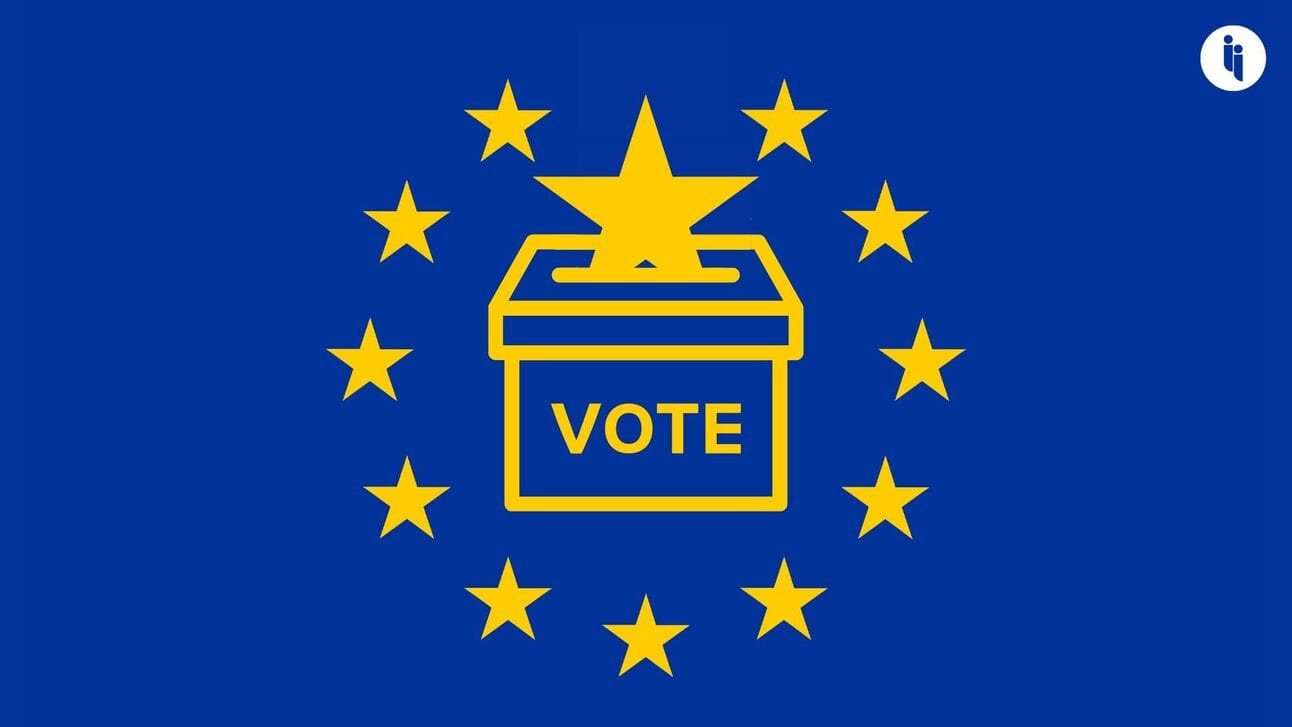380 million eligible voters across the EU’s 27 members start voting today (Thursday) to choose the next European Parliament.
It’s a four-day process, with results announced Sunday evening after the polls close. And that’s a huge lift, though it pales in comparison to the effort required to make the world’s biggest bureaucracy seem fun and intriguing. So here we go.
How it works:
- The European Parliament is like the bloc’s ‘lower house’
- The ‘upper house’ is the Council of the EU, made up of senior folks from the EU’s 27 governments, and
- The EU Commission is the executive.
Today’s election is for a new five-year lower house. And just like how big US states such as California or Texas send more reps to Congress, the EU’s biggest state (Germany) sends more reps to parliament than, say, Malta (its smallest).
Stay on top of your world from inside your inbox.
Subscribe for free today and receive way much more insights.
Trusted by 160,000+ subscribers
No spam. No noise. Unsubscribe any time.
So… who cares? The EU’s parliament has real power these days, including to:
- Pass EU laws and scrutinise the executive
- Approve the EU’s budget
- Approve any new EU members, and
- Approve the European Commission president (nominated by the EU’s 27 leaders).
So when you factor all that in, the EU’s 380 million voters are really weighing in to shape what the EU is, and what the EU does. And they’re doing that at a time when the EU itself can shape (or not) major issues, whether it’s Russia’s invasion of Ukraine, China’s growing heft, the energy transition, and beyond.
So what are the polls saying?
We grew up seeing polls as a bit like your weather app, crunching data to tell you whether to pack an umbrella. But given the surprises this week (let alone this decade), polls are now feeling more like the equivalent of just squinting up into the sky with a finger in the air. But let’s do that anyway.
Lots will remain the same – It’s looking like the parliament’s two big ‘old guard’ parties will remain the big players: the centre-right European People’s Party (EPP) and the centre-left Socialists & Democrats, with the EPP still on top.
But lots will change too – Parties with more populist, nationalist, eurosceptic, and hard right views are polling well, and could end up as king/queen-makers.
Here’s how that might look:
- Europe’s president
The post of EU Commission president kinda emerged as an answer to the famous (if apocryphal) Kissinger question, “Who do I call if I want to call Europe?” And it’s become more powerful over the last couple of decades.
The current president is Ursula von der Leyen, Germany’s former defence minister. She’s seeking re-election, but barely eked out a nine-vote majority last time (2019), so these populist parties could hold her fate in their hands.
- Migration policies
A more nationalist-populist parliament could mean stricter migration policies for the bloc, which has just seen a 17% increase in irregular arrivals in a year.
Some of those same smaller parties have also voiced disdain for von der Leyen’s EU Green Deal, which aims to make the bloc carbon-neutral by 2050. And…
- EU in the world
While Europe is broadly aligned on Ukraine, some of these populist parties have voiced scepticism. And if they end up holding the balance of power, they could (for example) trim EU defence spending and shape EU security priorities.
There’ll also be some serious horse-trading on plum positions like the EU’s foreign minister (sorry, ‘High Representative’). That’s currently Josep Borrell (Spain’s former foreign minister), and he’s been relatively outspoken in criticising Israel’s war in Gaza. There’s a solid chance he’ll get swapped out for someone else less front-footed.
So to close – over the next four days, maybe you could say the EU will vote in 27 different elections pretending to be a single election under a trench coat.
INTRIGUE’S TAKE
The forces on display in this election are kinda similar to those now appearing elsewhere: there are folks who want to re-assert national identities, values, and policies towards some of the problems currently hitting the world.
And there are folks convinced that those same national identities and values thrive best – and develop better policies – when sitting within a broader family (a European one in this case).
There are shades, of course, but that second vision has long held the weight of power in the EU. In fact, the EU itself is partly the fruition of that vision. And its main centrist champions still look likely to hold after these elections.
But if the polling proves accurate, and Europeans nudge their parliament to the right, those centrist champions may need to adjust their approach.
Also worth noting:
- Europe’s parliament has 24 official languages, with simultaneous interpretation of lawmaker speeches available in all 24.
- Researchers from the European Digital Media Observatory say Russia’s ‘Pravda’ disinformation network has grown bigger this election, even after French authorities publicly outed it in February.
- Various European leaders are emerging as possible contenders to become the next president of the European Council (the grouping of 27 EU leaders). These include the current leader of Denmark (Mette Frederiksen) and the former leader of Portugal (António Costa).






